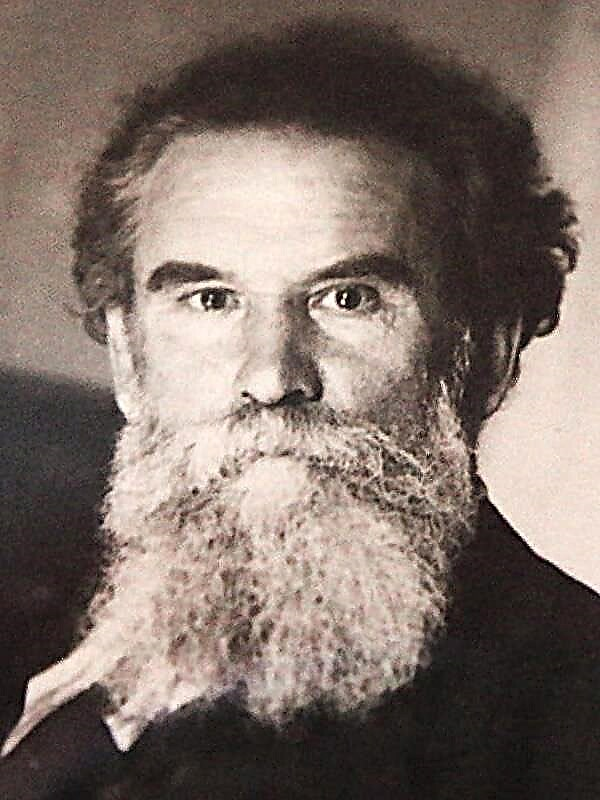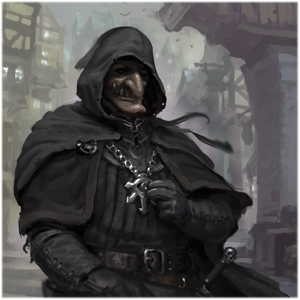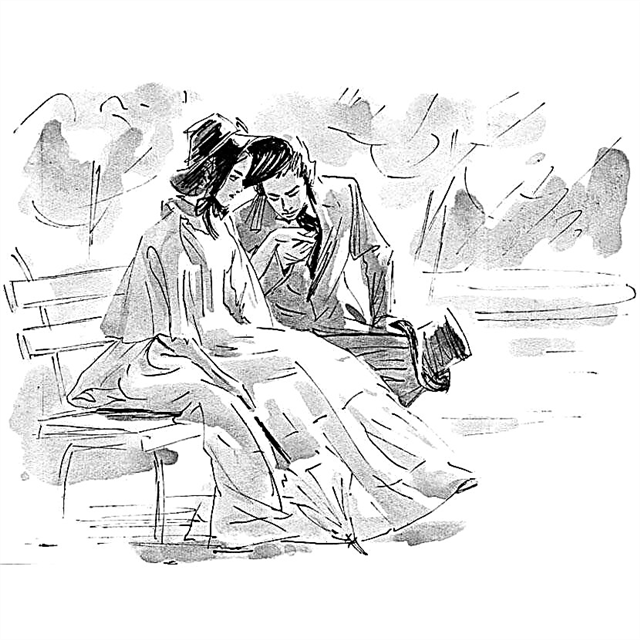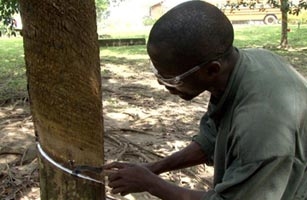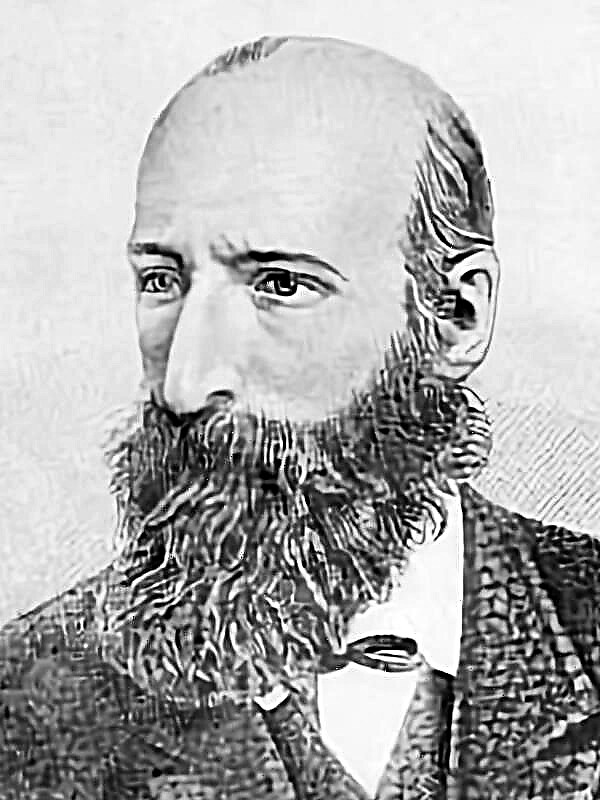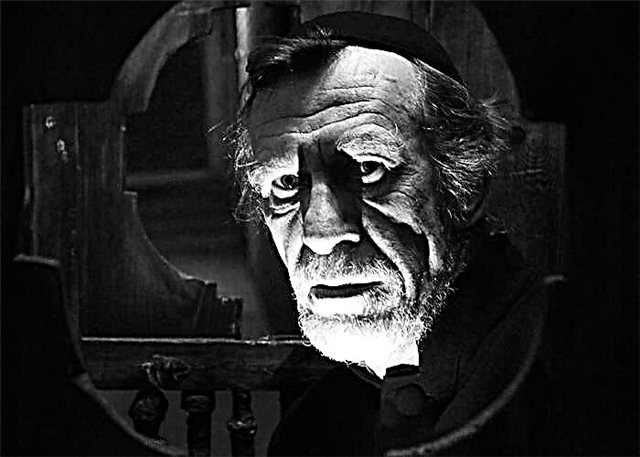The story "Yushka" was written by Platonov in 1945 Victory. We suggest you familiarize yourself with the summary of “Yushki”, and also strongly recommend reading the full version of the text. In addition, below you will find a small review on this work, which will help you in compiling a reader's diary.
Shortest content
The story begins with a description of the main character of the story - an old, sickly and half-blind man who lived in a small county town and worked as an assistant to a blacksmith for a roof over his head and a small salary. He lived very modestly, if not poorly, he wore the same clothes all year round. Residents of the town called him Yushka, and for many years old people have become accustomed to seeing him every day from their windows, and local boys often made fun of him as if he were a holy fool. But in spite of all this, Yushka does not take offense at them, he is sure that all the inhabitants of the town love him, just do not know how to express their love in a different way. Yushka is inflicted a lot of inconvenience and suffering, they laugh at him, but his opinion is unshakable.
Yushka has one annual ritual. For exactly a month, every summer, he leaves the forge and leaves either in Moscow or in a remote village - no one knows. This goes on for many years. But in the last summer he can’t go - the disease completely finished him and his body is too weak to withstand the long road. And then one day, late in the evening, on the way home, he meets a passerby in a dark alley, who, as usual, was rather out of habit grinning at his weakness and strange thin figure. And suddenly, Yushka suddenly responds to the offender with the rudeness that “according to the law he was born” and “the whole world needs it”. The bully does not expect such pressure from the always quiet and puny poor, because Yushka had never reacted to bullying before. Frightened, a passerby hits Yushka in the chest, and he, falling to the ground, quickly dies. The owner of the forge buries Yushka. At the funeral, old and young come to say goodbye to him - everyone who knew him during his lifetime.
However, soon they forget about Yushka. Here are just the anger and bitterness that is born in human hearts, nowhere else to throw out. And therefore, this negative accumulates inside and settles like poison among the people. They finally remember Yushka, already in the late autumn, when a young girl arrives in the town and starts looking for a certain Efim Dmitrievich. As it turned out, it was Yushka’s full name, but all this name was forgotten a long time ago. The girl tells a very touching story that since childhood she was an orphan and Efim Dmitrievich is the only person in the world who took care of her. He placed her in a school with full board and paid all the tuition costs, visiting her every year in the summer. The blacksmith was very impressed with this story and took the girl to the cemetery - to the grave of her breadwinner. There she weeps bitterly, regretting the untimely death of Yushka.
After the girl remains to live in this town and refuses to see a doctor. She performs her medical duty very well and fights for each of her patients. In human memory, she forever remains the daughter of the good Yushka, whom no one appreciated, and few people already remembered.
Feedback:
My opinion about Platonov’s story “Yushka” is generally very positive. In my opinion, the author raised a number of important topics relevant to all Russian literature in this work. First of all, this, of course, is the topic of kindness, the topic of compassion as the main virtues of man. Any of us, whether poor or rich, handsome or ugly, strong or weak, is capable of showing compassion, kindness and forgiveness. But, alas, not all of these qualities show. And the most amazing thing is that it very often happens that behind the outer shell of an ugly, ugly, outwardly person, there is a big secret, and with it a big heart that is capable of great virtue. This thought, which, undoubtedly, is the main idea of this work, teaches us to meet guests not by clothes, as a well-known proverb teaches, but look deeper - at the nature and actions of people. This is what deserves much more attention, according to the author.
I share and support the pathos that Platonov uses in this work, because he managed to say quite a lot in a small work, using only one storyline. One of the main themes of the story is also the topic of self-sacrifice and willpower. Just imagine, for years Yushka refused himself everything - he worked hard and lived poorly only for one purpose - to help another person learn. He helped this girl become a man, get an education and live in a boarding house. It is not known what fate would await this child if it were not for Yushka. This act of his gives us an occasion to reflect on our own life - but have we ever been able to do the same? Try to answer this question honestly to yourself, maybe the answer will surprise you.
Another topic that can be discussed after reading this story is the topic of public censure, maybe even with impunity to persecute people who do not please him. Most often ridiculed are absolutely defenseless people who are just somewhat different from the rest. The crowd does not like individuality, it causes fear. And fear is the main incentive for bullying. Although everything is disguised as usual banter. But in the story with Yushka, we perfectly see how even ordinary banter can end. By Yushka’s death, the author shows us how the world is unfair, and the whole society is to the fate of one small person. Everyone is mired in their own failures and problems and only once to vent evil on a defenseless person who will never answer. But still, the description of this cruelty did not change my impression of this work - it remained kind and good, as did my attitude to all Platonov’s stories. This author always gives us hope that remains with us after reading each of his stories.

